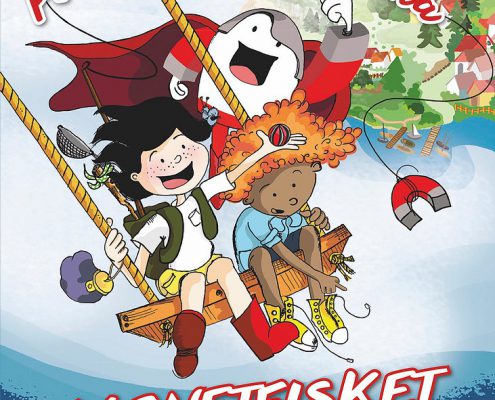
bNosy — helping kids master science and technology through edutainment
”Helping kids master science and technology through edutainment” is the tagline for the Swedish company bNosy which, among other things, offers fiction books, apps and videos. Karolina Kjellberg, founder with a Ph.D. in Pharmaceutics, is…
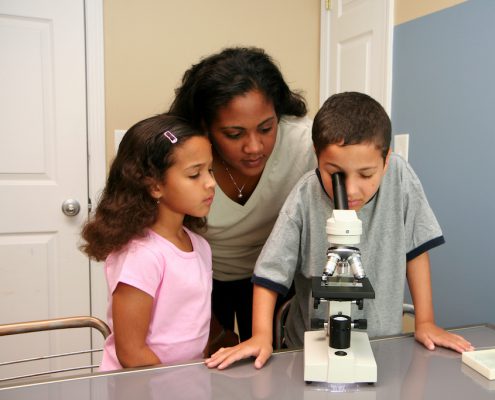
Six tips when you’re explaining science to kids
“Explaining science to kids is demanding!” says Michał Krupiński, Polish nuclear physicist and science communicator. Here he shares some of is experience in the form of six tips. The main messages: “Don't be childish, and don't oversimplify!”.
…
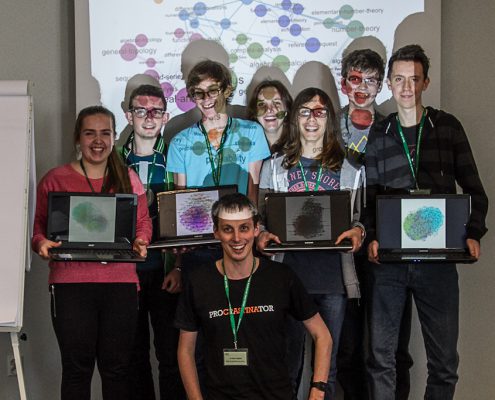
Helping exceptionally gifted children in Poland
Gifted children, who asks bigger questions and pursue more advanced interests, often feel alienated in the school system. The Polish Children’s Fund addresses this problem by offering scholarships for talented pre-university students. Piotr…
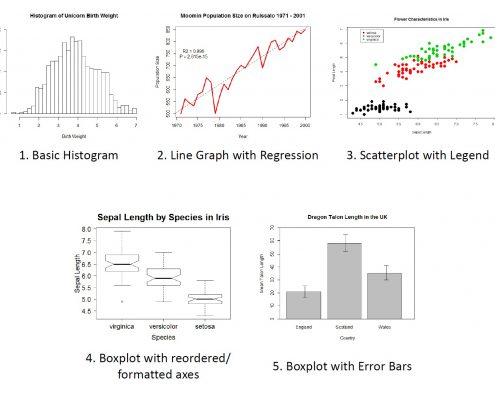
Base Graphics in R: A Detailed Idiot’s Guide
The programming language R is great for data visualization: users have a total control of all graph features, plots can be easily modified or replicated, and the active developers community keeps improving and developing new graphic packages.…
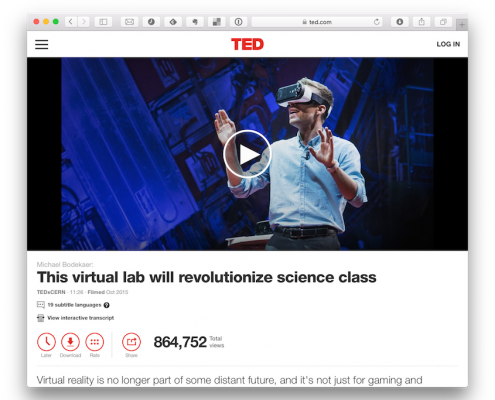
Labster – enhancing science learning with VR and gamification
Under any definition, we think that laboratory simulations are a great way of bringing science closer to people. ‘Presence’ has been described as a crucial element for motivation and engagement, and simulations intrinsically enhance the aspect of “I feel that I am there”, especially if they are combined with virtual reality technologies. In the particular case of our simulations, even if they are specifically created as teaching tools, in addition to the immersive experience, they are built around real life stories and are meant to be engaging. With the gamification components they are also good tools for science communication at some level.

Why scientists should mentor highschool students (Philip Frick, August 2016)
”Most of the mentors say that they never thought they would benefit from the experience as much as they did.” says Philip Frick, tech student and creator of Rays. This Swedish summer research school for talented students serves to gap between the world of research and curious and talented teenagers.

